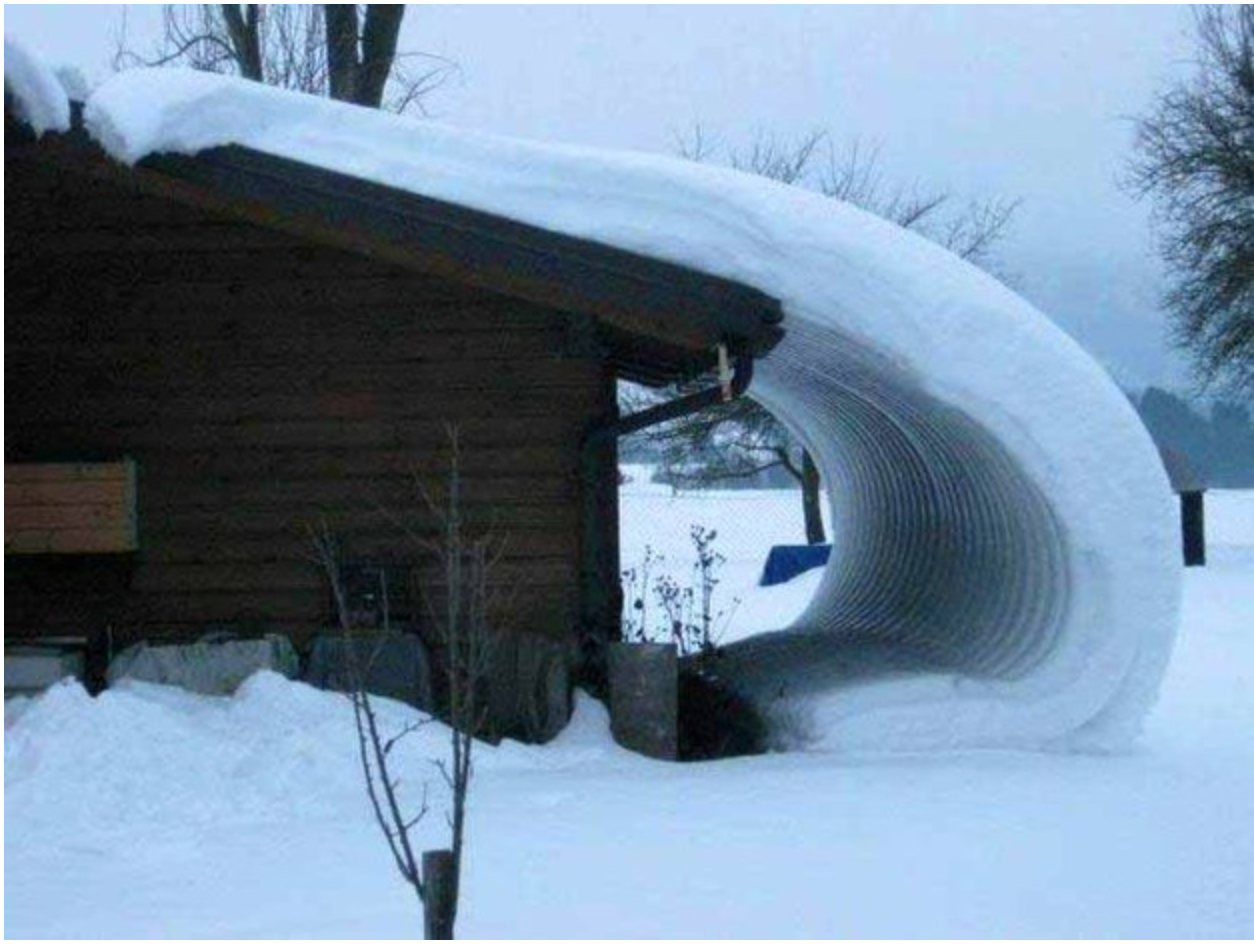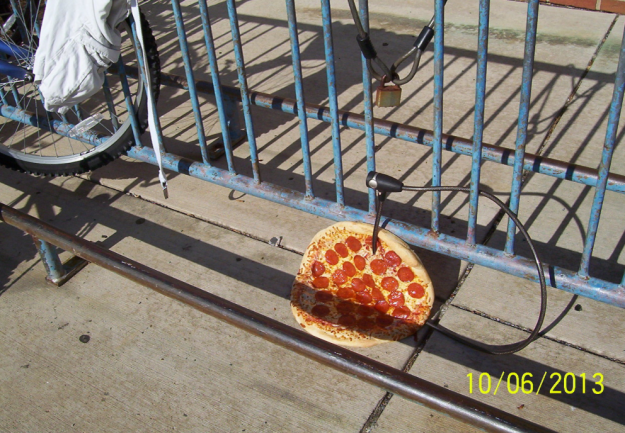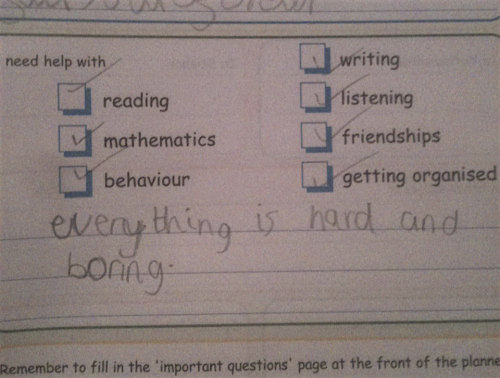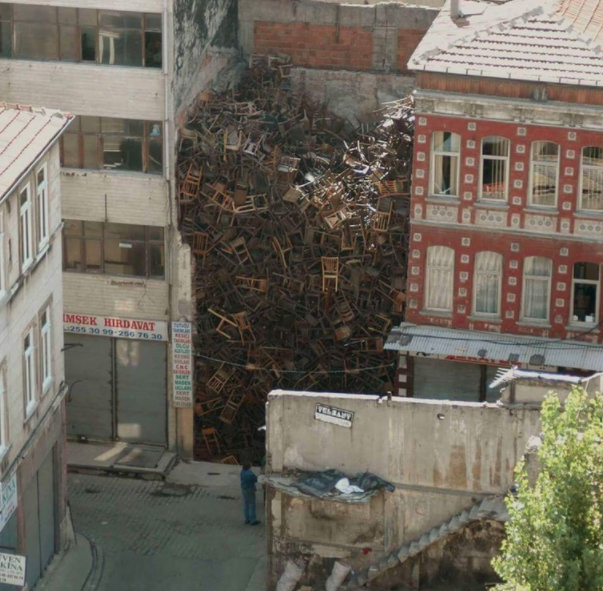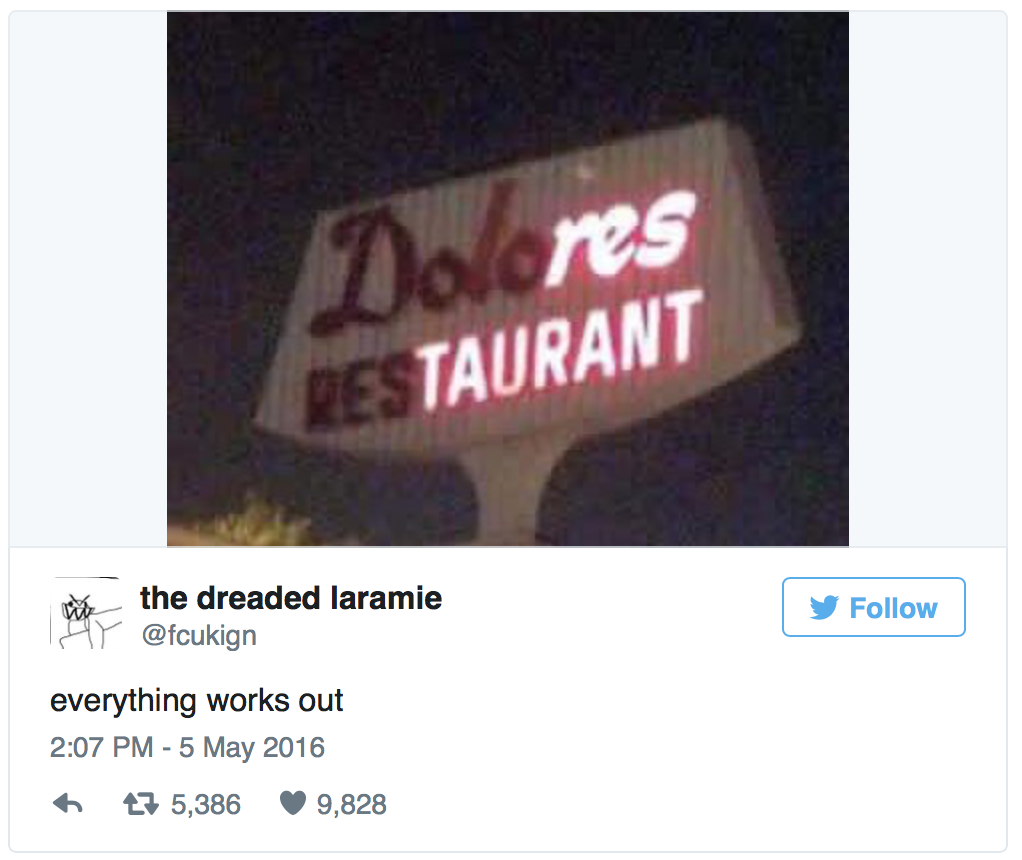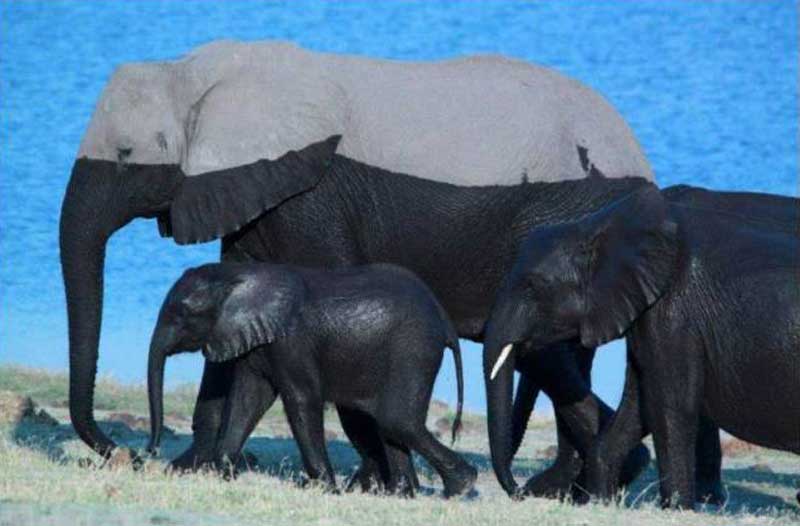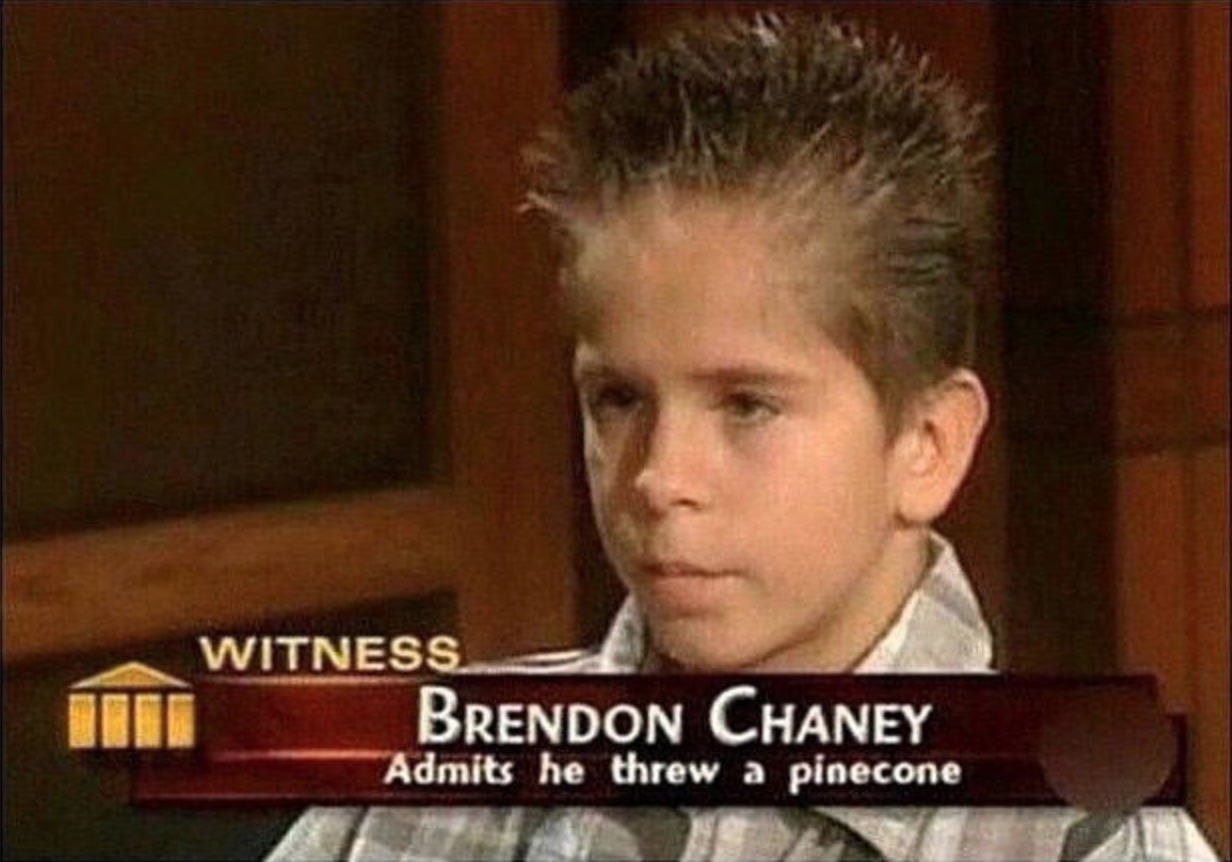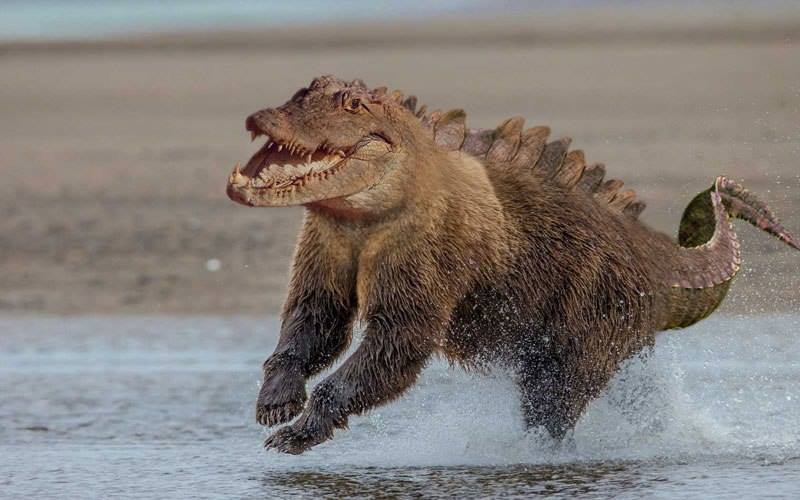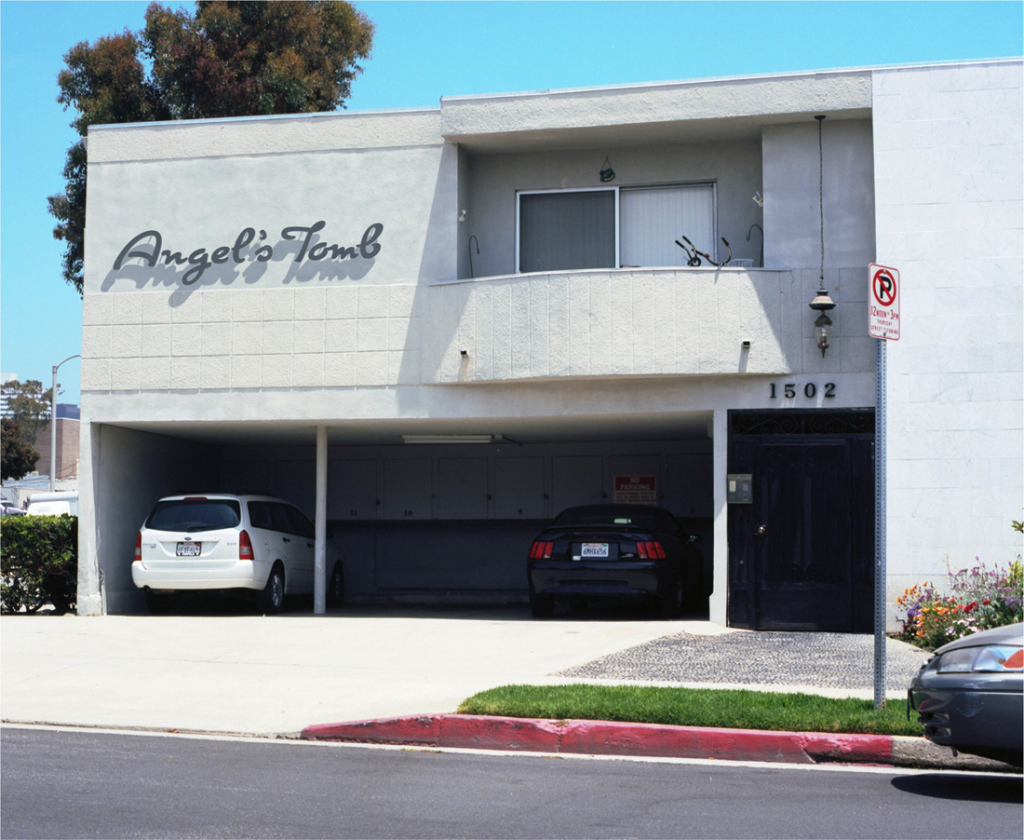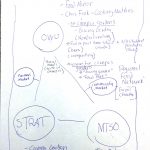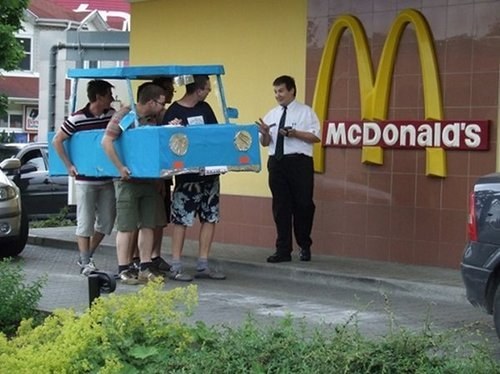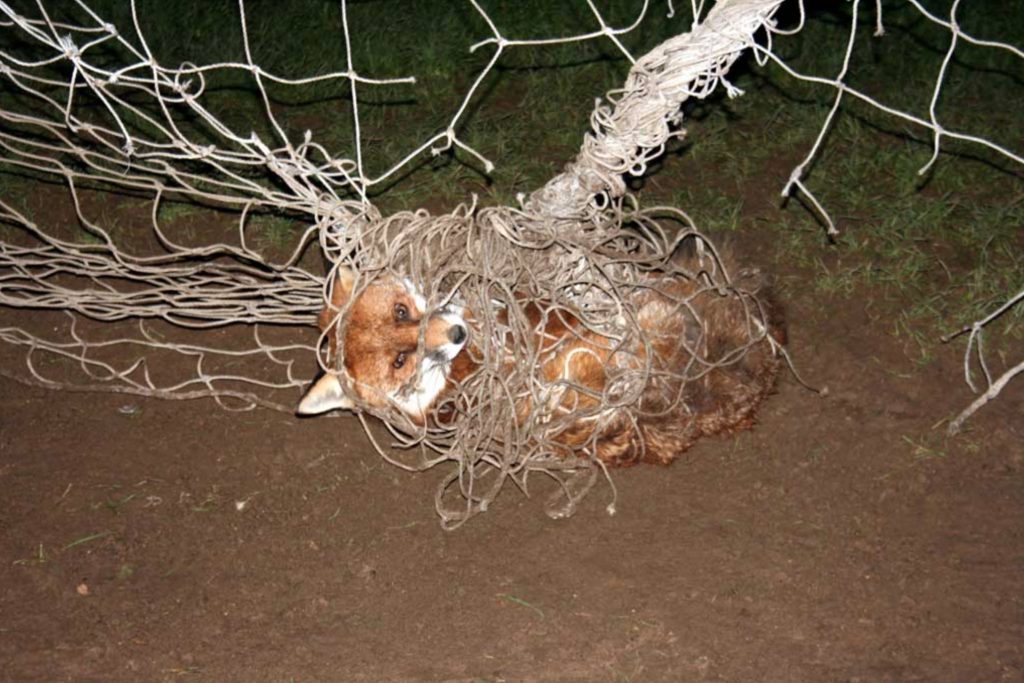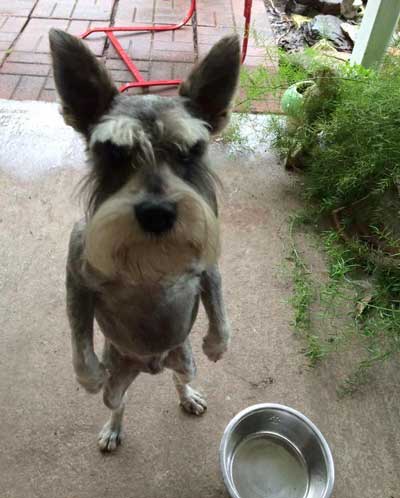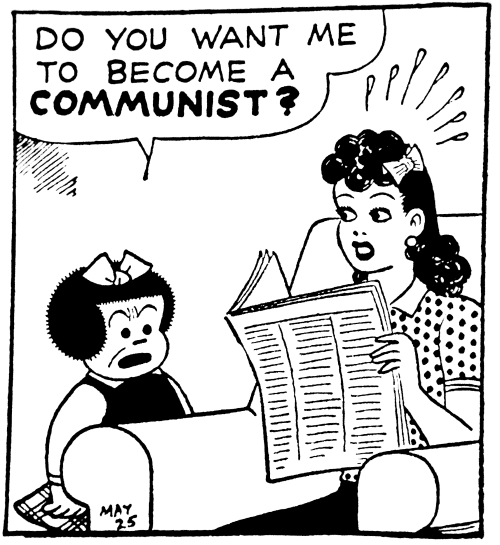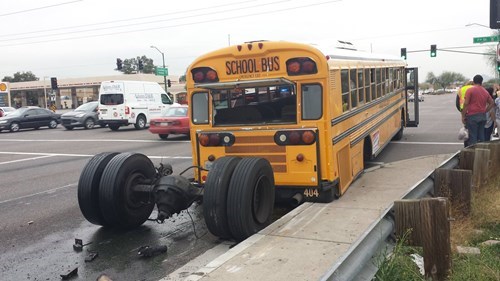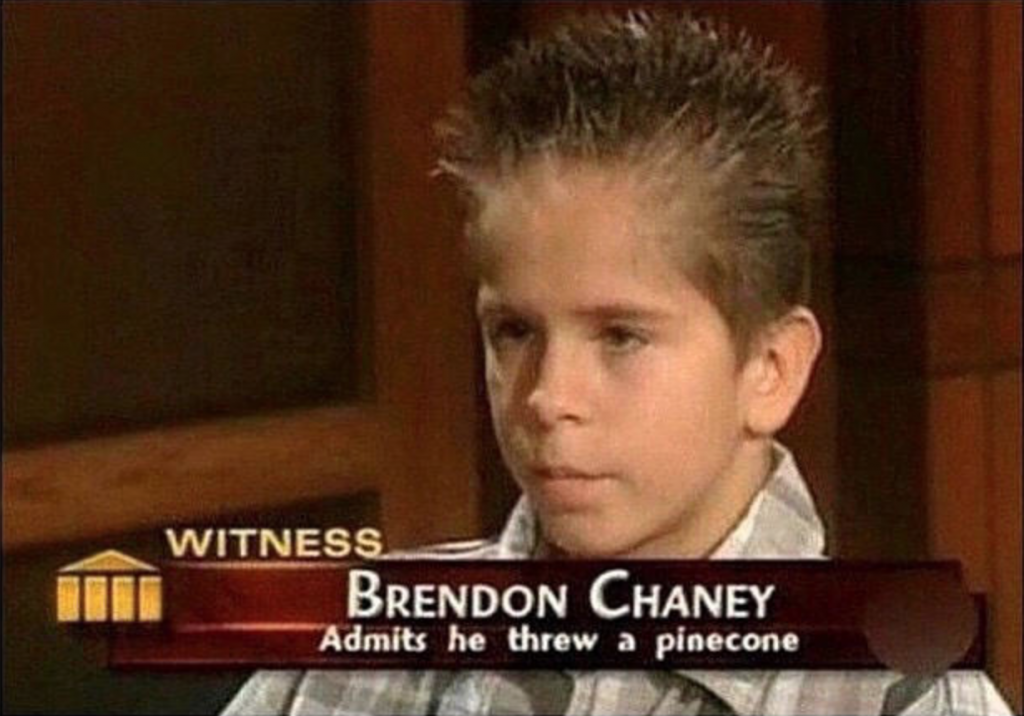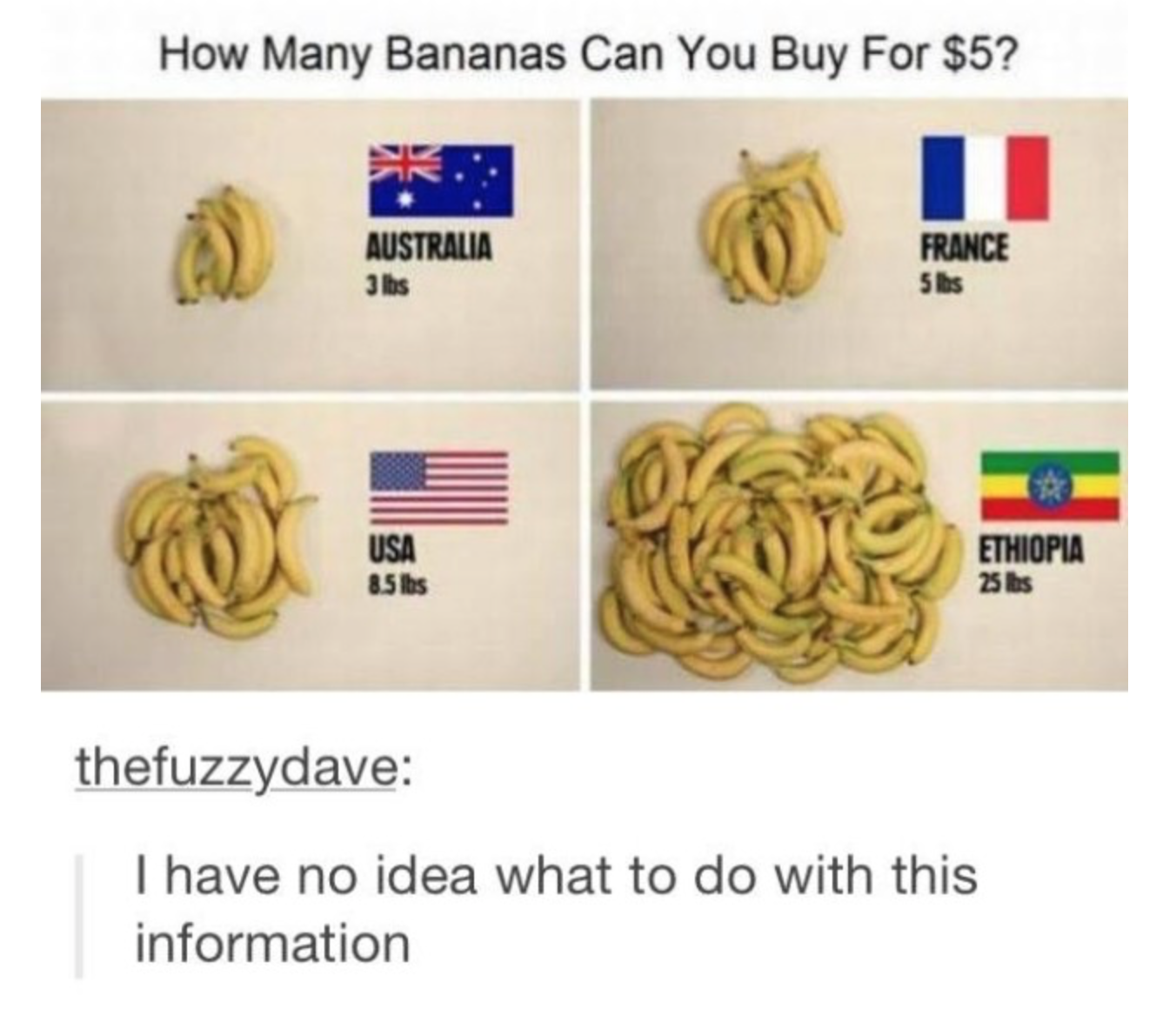
May Move Out Meeting on Wed. Feb 22 at 10-11 am with Dan Vroegop from Goodwill. 207 Science Center. Discussion:
- Dan will share any suggestions for improvements from his perspective.
- We also hope to work recycling into the May Move Out this year. We are working on getting stand-up recycling bins which can be placed by the pods. When our Buildings & Grounds person comes around in the morn to open the pods, he will grab any recyclables and take them to the recycling dumpster.
- We need to finalize the date for the Mini May Move out, so letting us know about the availability of one of your trucks for the day is important.
- The last few years we had a group of students come down to help sort stuff at the Del. Goodwill store on a Sat or Sunday, just to see how your process works. It would be good to consider scheduling that again this spring.
- One more thing: for the last few years OWU has paid a company (College Hunks Moving Junk) to clear out things left in the dorms. This includes junk, but also things students did not want to move, or things they did not want to throw away (but did not move to the pods). We are contemplating having our students help move the stuff out (B&G will then donate the savings to a Green Fund). This effort would potentially involve help from Goodwill to take away any of the donate-ables pulled from the dorms.
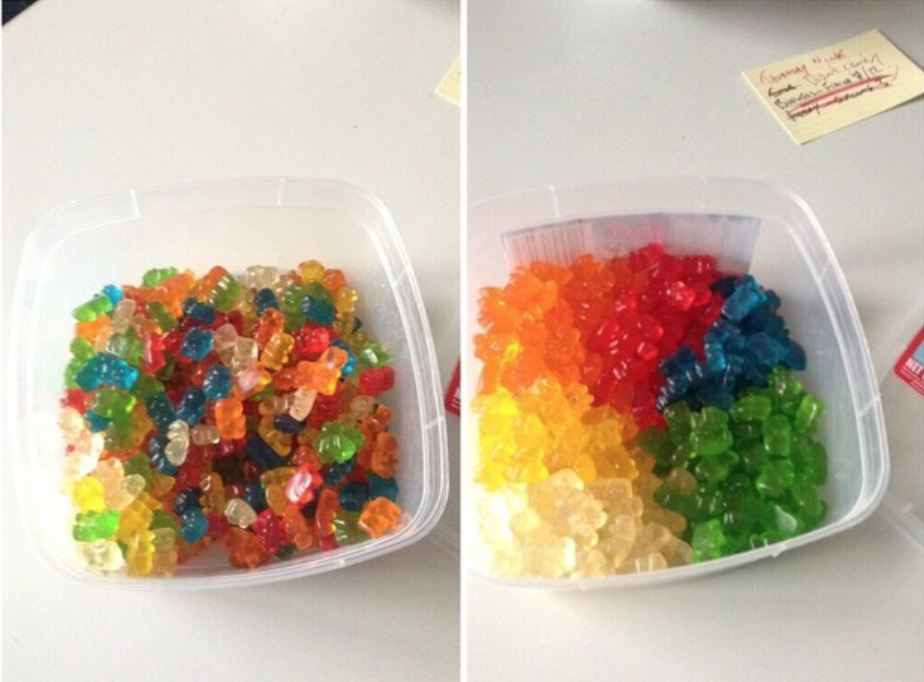
2/17 Meeting with Jennifer Way-Young (Delaware Health)
The meeting agenda is annotated in red with information gleaned from the discussion.
Contact: jway-young@delawarehealth.org
Handouts
- Draft Sustainability Plan
- Spring 2017 Sustainability Progress
- Food/Farm Collaboration Honda Grant (pending)
Agenda
- Mini May Move Out (Wed March 22) & May Move Out (May 1-?)
- Delaware involvement (May Move Out)?
- Recycling as part of May Move Out
- Food and Farm Initiatives
- Honda Grant
- Consider the Delaware County Community Foundation for funds for community outreach type projects.
- Campus Garden, aka, A Long String of Failed Attempts I
- Collaboration with MTSO/Seminary Hill Farm (Tadd Peterson): creation of gardening activity courses, late spring and early fall each semester. Focus on early and late crops. Additional effort to establish perennial crops (mint, asparagus, etc.)
- Additional outreach to Del Master Gardeners (Chris Burger: chrisbu@columbus.rr.com)
- Ready Set Grow offered February 25th: basic gardening skills
- Maddie C: Are there any public health laws or restrictions that would not permit us from using our own crops in the dining halls?
- Answer: No
- Maddie C: Are there any city ordinances that would limit the placement or size of a campus garden or food shed?
- Answer: No
- Used Food on Campus:
- Food Recovery Network: limited, primarily pre-wrapped food and food from the dining halls
- Ryan B: Catering Food Recovery: Claims that the food left over at events cannot be recovered due to health laws. Clarify if this is the case, and help us understand the specific regulations. Ideas for the distribution of leftover food (is it at all possible to put leftover food out in the evening and just let people come and eat?)
- Jennifer is going to check on the laws with her department, but does not believe there is any specific law forbidding the distribution of food. There are “good samaritan” laws that protect efforts to share left over food. Unless there is intentional negligence, there are no laws in particular that would stop OWU from distributing left over food
- One of the problems is to find a partner who can take food from campus and get it to people who need it. The food would have to be wrapped and kept cool. This can be a challenge with perishable food. It is easier with non-perishable food. Consider collaborating with a church or other organization. Consider small grants (Delaware Community Foundation) to fund distribution efforts.
- Leaving food out might not be the best way to distribute it to those in need. Mention of the family shelter south of campus, a planned domestic abuse shelter, and other similar programs in town. Work with other orgs. to get the food to these locations.
Composting, aka, A Long String of Failed Attempts II
- DIY shipping pallets behind SLUs
- Purchased composters behind SLUs
- Zera (zera.com) for SLU
- Worms: Blue House Worm Farm (Aleksandar Ilic)
- Collaboration with Ray Leard: http://www.thecompostexchange.com/local-garden-partners
Jennifer:
- Consider a grant in collaboration with Delaware and potentially other partners on establishing a composting program. Current technology: In Vessel Systems. (in vessels system do not discriminate between fats and dairy products; http://forsolutionsllc.com/in-vessel-composting-system/). Contact Jenifer for more information (she has EPA contacts)
- Problem with food waste: too much moisture, food waste is smelly and messy. Price Farms Organics taking food waste, and is very selective (only takes from Ohio Stadium when people are sitting and babysitting amount of compost that is put into it.)
- For pallet composting: remember to have green and brown waste and bury the food waste. (ask if B&G can supply leaves, or if we can dry out scraps from gardening and bury those)
- Animal problems are typically minimal: only had beetles, worms, garter snakes, etc. did not ever have large mammals
- No health rules about composting, only that bins cannot smell (someone can report this to the County, they don’t go out looking (smelling) for stinky composters.
- Aesthetics matter: http://earth911.com/home-garden/bokashi-composting/
- Sustainable Residence Hall Proposal
- Start with a floor; expand in future: adjust physical amenities to allow for more sustainable living on campus
- Recycling in Delaware and on Campus
- Ryan B: give us some more detail on the recycling system in Delaware, and the way recycling on campus is related to recycling in Delaware
- Jennifer would like to meet and discuss how OWU is doing recycling, who gets it, if the City of Delaware picks up any of our recycling
- Recommends joining CURC: http://curc3r.org/
- More communication and collaboration
- How to develop relationship between Delaware and campus sustainability efforts?
- Liaison: Sustainable Delaware?
- Liaison: Watershed Coordinator, Delaware Health?
